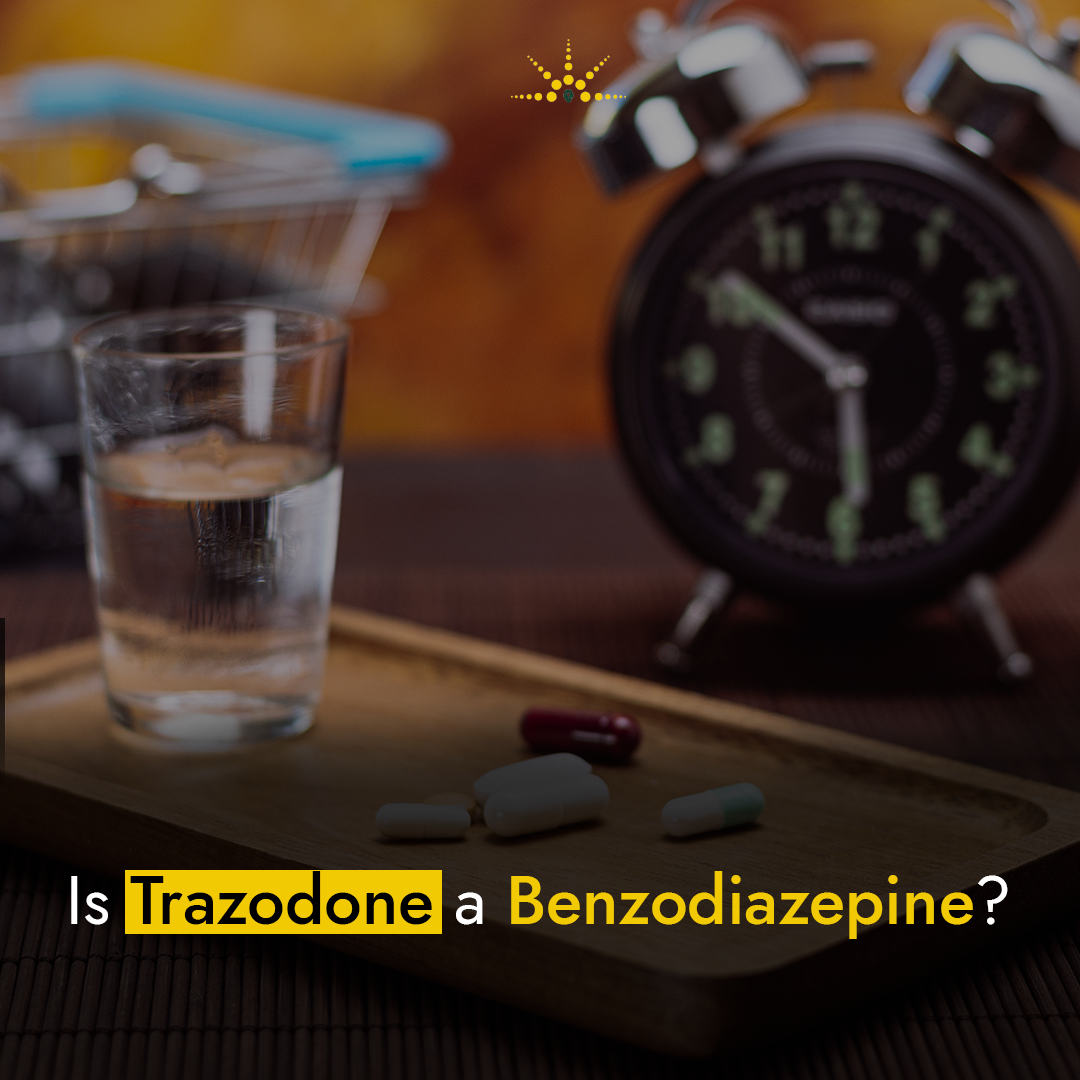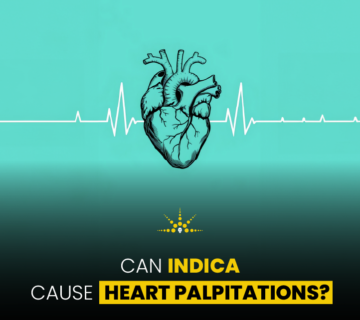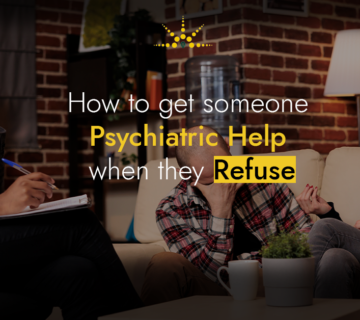No, Trazodone isn’t a Benzodiazepine. It’s an antidepressant. Benzodiazepines are things like Xanax and Valium. But not Trazodone. It tackles depression. That’s its primary job also, it helps with anxiety and sleep issues.
Trazodone, different from benzodiazepines, enhances serotonin to brighten mood. This medication takes a different approach to mental health. It targets many symptoms and does not use the same mechanisms as its more famous counterparts.
Is Trazadone addicting?
Trazodone is a safer long-term option for anxiety and insomnia than addiction-forming benzodiazepines. It may cause drowsiness or dizziness but has a lower addiction risk, making it preferred. Always follow your doctor’s instructions to manage symptoms effectively.
Are you seeking a healthcare professional? Consider Safestar Psychiatric and Wellness LLC.They manage medications and treat mental health issues, such as depression, anxiety, and other mental health issues.
Is it Authorized for Use as a Sleep Assist?
Trazodone, approved for treating adult depression, is often used for insomnia. The FDA tests drugs for specific conditions. However, doctors usually rely on their experience. Off-label drugs can be prescribed. Doctors use their judgment to prescribe medications if they think they will help. This approach allows for personalized treatment, potentially offering unexpected relief to patients.
Doctors prescribe medications for unapproved uses in 20% of cases. They use their expertise to decide when this is necessary, even without approval for some conditions. This approach uses clinical judgment to extend drug use beyond official limits.
Symptoms of Withdrawal from Trazodone
Can trazodone be stopped abruptly?
Stopping trazodone suddenly can cause withdrawal. Symptoms vary in severity, depending on dosage, duration, and health. Some might experience sensory changes or “brain zaps.” Always consult your doctor before stopping trazodone to reduce risks and ensure safety. You may experience:
- Sleep Disturbances
- Anxiety and Irritability
- Headaches
- Nausea and Digestive Issues
- Fatigue or Lethargy
- Sweating and Chills
- Dizziness or Lightheadedness
Preventing Withdrawal Symptoms
Slowly reduce trazodone with your doctor’s help. Stopping suddenly can cause withdrawal. A gradual taper allows your body to adjust. Always follow your doctor’s advice for safe discontinuation.
Can Trazodone Be Taken with Benzodiazepines?
Trazodone manages sleep disorders and apprehension, often with benzodiazepines. These short-acting drugs quickly reduce anxiety. Meanwhile, trazodone provides long-term support. This combo offers immediate relief and addresses the root problem. Doctors use this method to tackle both short-term and long-term issues.
Switching from Xanax to Trazodone
Trazodone can replace Xanax for sleep and anxiety. This avoids the long-term risks of benzodiazepine. However, stopping benzodiazepines is tough. Always consult a doctor for dosing and to reduce use. Never quit suddenly. A gradual, supervised transition is crucial for safety and success.
Conclusion
Is trazodone a benzodiazepine?
Trazodone, unlike Xanax and other benzodiazepines, is an antidepressant. It combats depression, anxiety, and insomnia by boosting serotonin. This, in turn, improves mood. Its unique action makes trazodone safer for long-term use and less addictive. Thus, it is less risky than benzodiazepines.
Before changing your medications, consult a doctor. Their advice helps manage symptoms safely and avoid risks. Start with expert guidance.
FAQs
Does trazodone help with panic attacks?
Trazodone, an antidepressant, isn’t the first choice for panic attacks. But it can help with anxiety. The impact of its calming effect varies from person to person. For some, it might significantly reduce occurrences of panic episodes, providing anxiety relief.
Can trazodone lower heart rate?
Trazodone might have implications beyond its primary purpose. Increased doses might decrease your heart rate and reduce your blood pressure. If you notice any heart rate changes, contact your doctor. It’s crucial to monitor your body’s reactions to this medication.
Resources
https://pubmed.ncbi.nlm.nih.gov/8509349/
https://www.ncbi.nlm.nih.gov/books/NBK470560/
https://pmc.ncbi.nlm.nih.gov/articles/PMC10095217/
https://www.ncbi.nlm.nih.gov/books/NBK470560/







No comment